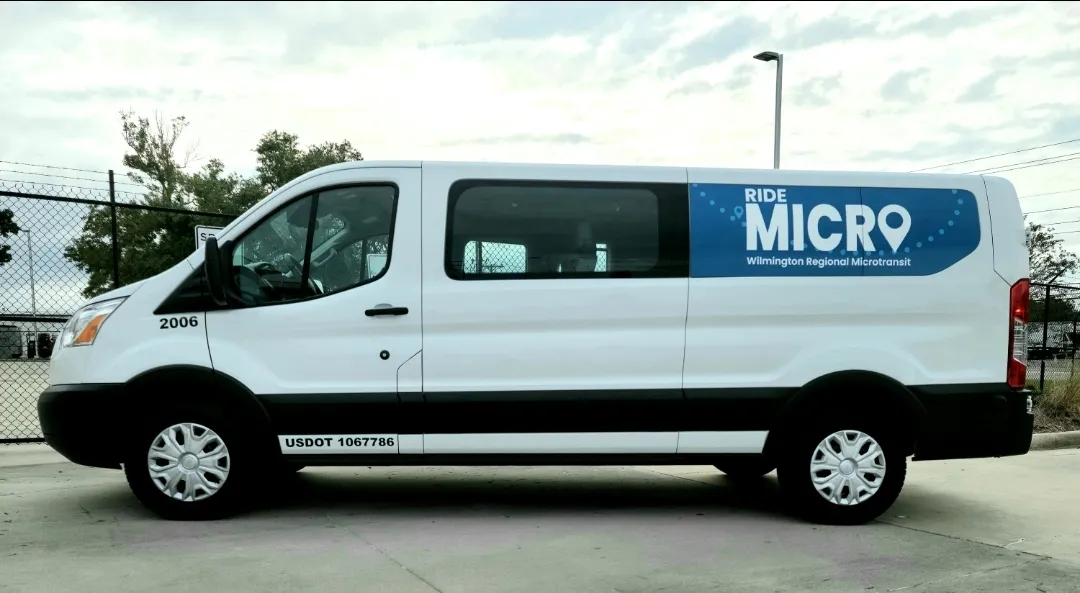Millions of customers are set for easier and more convenient journeys from 16 September, when
The new option means that passengers will no longer be any need to top up Oyster card balances because fares are charged directly to payment card accounts. Contactless payments - credit, debit, charge or pre-paid cards or devices - work in the same way as Oyster, charging the pay as you go fare by touching in and out on the readers at the start and end of every journey.
In addition to daily capping, a new Monday to Sunday cap will also apply for customers using the contactless payment option, as TfL's advanced system will automatically calculate the best value contactless fare over the course of the week.
Contactless payments have operated on the capital's bus network since December 2012, and have been used by around 825,000 customers for 17 million journeys.
Around 65,000 journeys a day are being made using a contactless payment card. A pilot of the system on the London Underground and rail network which began in April involving around 3,000 customers has been successful.
Customer feedback has been used to improve the service, including making the online accounts easier to use. Ahead of the launch on 16 September, TfL is continuing to remind customers that it is imperative that they only touch one card to the reader to avoid 'card clash'.
This simple measure will ensure customers avoid paying with a card they did not intend to use. It will also avoid gates not opening or not giving a green light to proceed. An extensive customer campaign has been running since February to reduce the incidents of card clash and this will be enhanced further ahead of the September launch.
TfL and National Rail will continue to work together to develop the programme to expand the system to the suburban rail routes where Oyster is currently accepted.
London transport to get contactless payment
Millions of customers are set for easier and more convenient journeys from 16 September, when Transport for London (TfL) will introduce contactless payments for all pay as you go customers on the Tube, London Overground, DLR and trams in addition to the capital's buses.
The new option means that passengers will no longer be any need to top up Oyster card balances because fares are charged directly to payment card accounts. Contactless payments - credit, debit, charge or pre-paid cards or devices - work i
July 28, 2014
Read time: 2 mins








